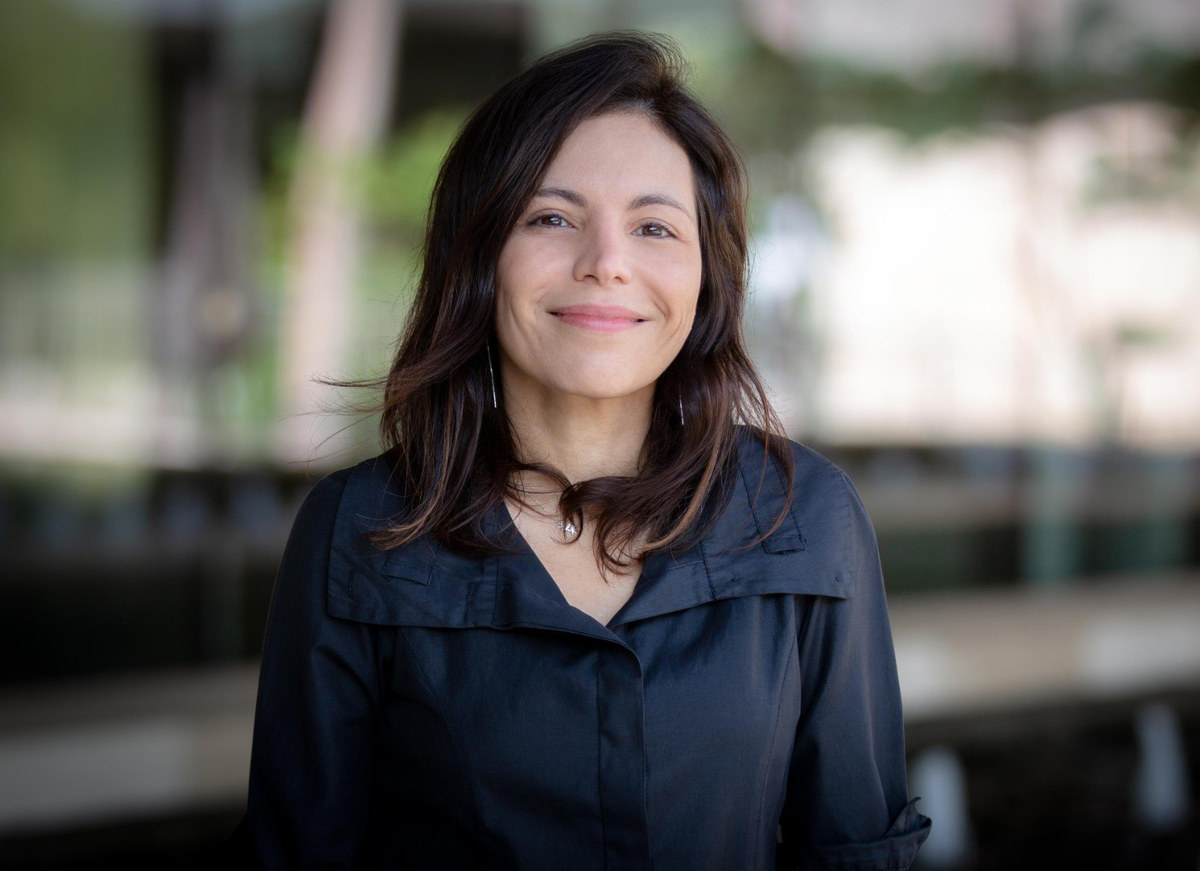RIYADH: Earth Day offers Saudi Arabia a platform to showcase its leadership in marine conservation, specifically efforts to protect coral reefs. Preserving coral reefs is crucial, not only because they host about 30 percent of all marine life, but also because they contribute trillions of dollars to the global economy.
King Abdullah University of Science and Technology’s associate professor Raquel Peixoto has been named the 2024 National Champion for Saudi Arabia by the Frontiers Planet Prize, marking a significant achievement for the Kingdom and the Arab world. Peixoto won the award for her research on using probiotics to increase coral reef resilience against climate change, the university announced on Monday.
This recognition comes at a crucial time, as the National Oceanic and Atmospheric Administration recently announced the fourth global coral bleaching event on record, the second in the past decade.
The Frontiers Planet Prize recognizes research that aligns with the UN’s 17 Sustainable Development Goals and the nine planetary boundaries. This is the second year of the awards, with one winner selected from each nation. Out of the 23 national champions, three will be named international champions in June, with their institutions each receiving 1 million Swiss francs ($1 million) for research.
Known as the “Coral Warrior,” Peixoto has gained recognition as a global leader in using probiotics for coral reef restoration. Probiotics refer to bacteria and other microbes that are beneficial to an organism’s health, including humans.

Raquel Peixoto attributes the success of her research to the dedication and investment Saudi Arabia has made to the sector. (Supplied)
Initially a plant and soil microbiologist, Peixoto’s journey into marine probiotics began with an unexpected scientific discovery while exploring probiotics for agriculture. This led her to explore how probiotics could benefit marine life, particularly coral reefs. Despite her groundbreaking work, her initial proposals faced skepticism from the scientific community.
“Our idea was to create microbial cocktails specifically designed for corals, customized and isolated from corals. Initially, I was told this idea would never work,” she said.
In the end, her research has established a new scientific field. And several giga-projects in Saudi Arabia with an environmental focus, such as the protection of corals, mangroves, turtles and other marine life, are consulting Peixoto about her probiotic approach. Additionally, her research has drawn interest from global pharmaceutical companies.
The RSRC Coral Probiotics Village, a laboratory in the Red Sea where researchers can conduct long-term observations of probiotics treatments and other scientific investigations on coral reefs, is a direct outcome of her research. Regarding her status among her peers, Peixoto is the founder and co-chair of the Beneficial Microorganisms for Corals Network, which aims to accelerate research on probiotics for marine organisms. The network provides frameworks, risk assessments, and microbial-based solutions for governments and industries.
Peixoto attributes the success of her research to the dedication and investment Saudi Arabia has made to the sector. “KAUST is highly aligned with Saudi’s ambitious RDIA sustainable goals. This is one of the reasons we have had such strong support to push the barriers and develop science-driven solutions to protect coral reefs," she said.
Peixoto notes the timing of the prize on Earth Day and the undergoing bleaching event is significant. “Receiving this prize on Earth Day is significant. Corals are vanishing, and the impact will be profound. Our Red Sea research programs, including our probiotics strategy, have the potential to make an extraordinary impact on the environment and our lives,” Peixoto said.
Among the other marine conservation initiatives at KAUST is the Coral Research and Development Accelerator Program, launched in 2020 during the G20 Summit hosted by Saudi Arabia, and the KAUST Coral Restoration Initiative, which is the world’s largest coral nursery.
“Professor Peixoto’s probiotics solutions provide exciting new opportunities to improve both the effectiveness and resilience of rapidly accelerating restoration activity around the world — solutions that we need now more than ever. We aim to demonstrate this potential by applying them to corals as part of the world’s largest restoration effort in the Red Sea,” said David Suggett, chief scientist at the KAUST Coral Restoration Initiative.



























